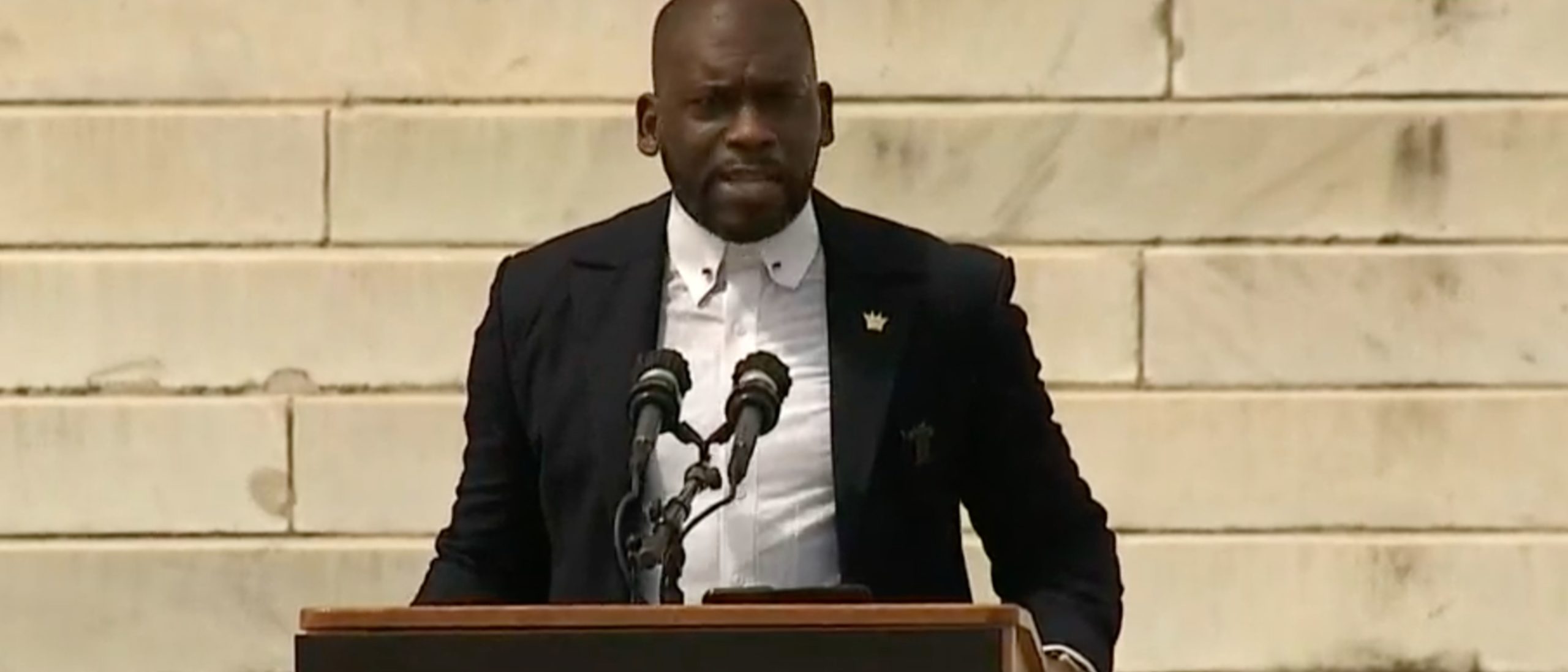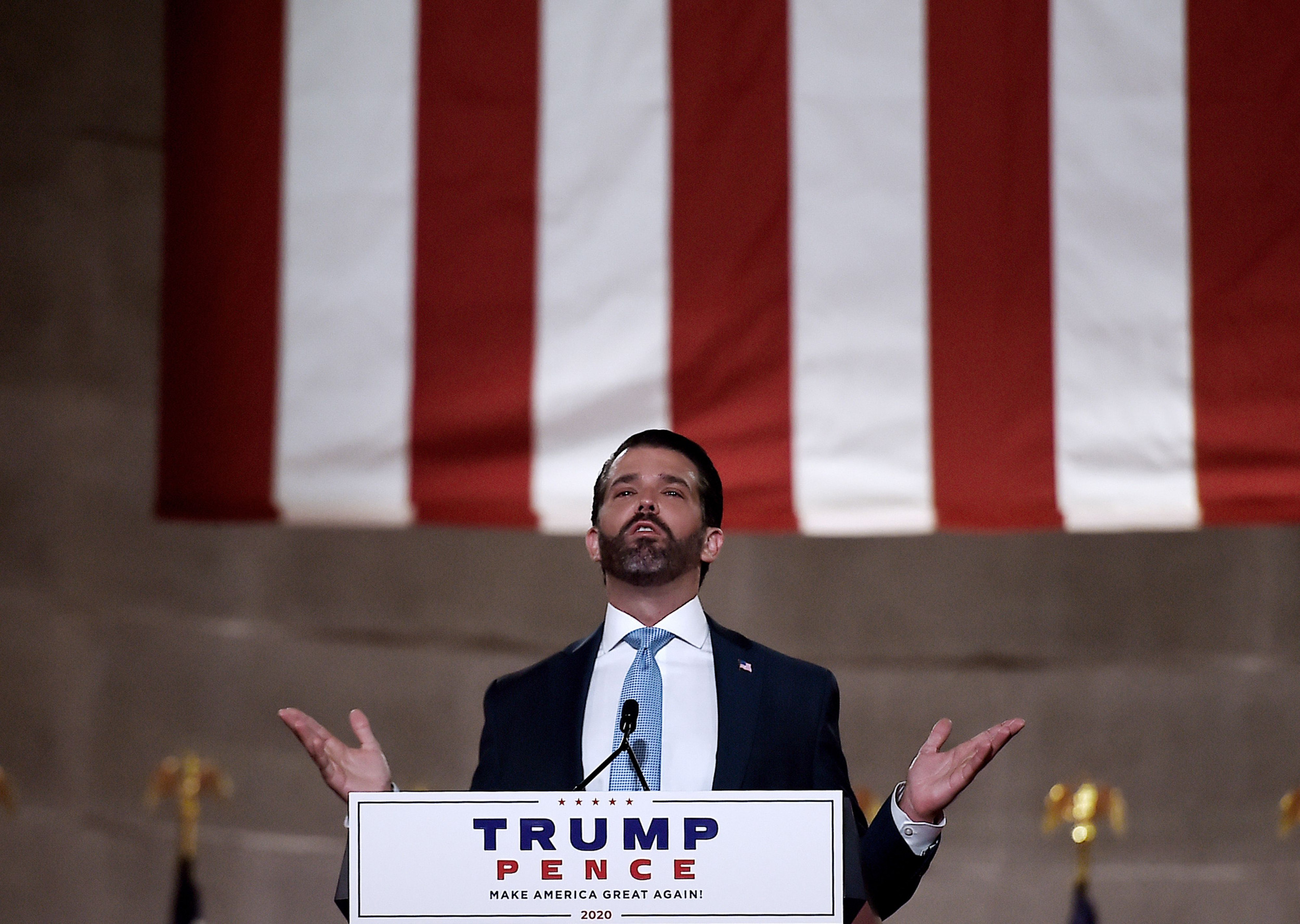RNC Speakers

The Republican National Convention (RNC) has a long and storied history, and its speakers have played a pivotal role in shaping the party’s platform and messaging. From fiery orators to respected statesmen, RNC speakers have left an indelible mark on American politics.
The Republican National Convention (RNC) has featured a diverse range of speakers, including prominent figures like J. D. Vance. Vance, a venture capitalist and author, has been an outspoken supporter of President Donald Trump and his policies. His speech at the RNC highlighted his conservative values and his belief in the need for a strong national defense and a vibrant economy.
The first RNC was held in 1856, and since then, the party has nominated a diverse array of speakers to address its delegates and the nation. These speakers have included former presidents, vice presidents, senators, governors, and other prominent figures.
The RNC speakers, a formidable lineup, took to the stage, each delivering their impassioned messages. Among them was Matt Gaetz, his appearance sparking whispers of matt gaetz botox. Yet, beyond the speculation, his words resonated, igniting fervor within the crowd.
As the speeches drew to a close, the RNC speakers left an undeniable mark, shaping the political landscape with their powerful oratory.
Notable RNC Speakers
- Abraham Lincoln (1860): Lincoln’s speech at the 1860 RNC is considered one of the greatest speeches in American history. In it, he Artikeld his vision for a more perfect Union and called for an end to slavery.
- Theodore Roosevelt (1904): Roosevelt’s speech at the 1904 RNC was a rousing call for progressivism. He urged the party to embrace social and economic reforms to address the challenges of the new century.
- Ronald Reagan (1980): Reagan’s speech at the 1980 RNC is widely credited with helping him win the presidency. In it, he Artikeld his vision for a “new beginning” for America and promised to reduce taxes, cut government spending, and restore American strength.
Evolution of Speaker Selection Criteria
The criteria for selecting RNC speakers have evolved over time. In the early days of the party, speakers were often chosen for their oratorical skills and their ability to rally the faithful. In recent years, however, the party has placed more emphasis on selecting speakers who can appeal to a broader audience and who can help the party win elections.
Impact of RNC Speakers
RNC speakers have had a significant impact on the political landscape. Their speeches have helped to shape the party’s platform, energize its base, and attract new voters. In some cases, RNC speakers have even helped to determine the outcome of presidential elections.
Analyzing the 2024 RNC Speaker Lineup: Rnc Speakers

The 2024 Republican National Convention (RNC) will feature a diverse lineup of speakers representing various perspectives within the party. This analysis will examine the speaker lineup, its diversity, and the strategies behind their selection.
Speaker Lineup and Key Messages, Rnc speakers
The following table presents the speaker lineup, their affiliation, and key messages:
| Speaker | Affiliation | Key Message |
|---|---|---|
| Tim Scott | U.S. Senator (R-SC) | Promote economic opportunity and individual freedom |
| Nikki Haley | Former U.S. Ambassador to the United Nations | Advocate for a strong national defense and foreign policy |
| Mike Pence | Former Vice President of the United States | Emphasize traditional conservative values and the importance of faith |
| Kari Lake | Former Arizona gubernatorial candidate | Highlight the need for election integrity and border security |
| Ron DeSantis | Governor of Florida | Promote conservative governance and economic growth |
Diversity of the Speaker Lineup
The RNC speaker lineup reflects a diverse range of perspectives within the Republican Party. It includes individuals from different backgrounds, including African Americans, women, and candidates who have run for or held elected office at various levels. This diversity is intended to appeal to a broad range of voters and showcase the party’s commitment to inclusivity.
Selection Strategies and Party Goals
The selection of specific speakers aligns with the Republican Party’s goals of mobilizing its base and attracting new voters. By featuring speakers who represent different demographics and viewpoints, the party aims to broaden its appeal and present a unified front ahead of the 2024 presidential election.
Impact of RNC Speakers on Media Coverage

The RNC speakers’ lineup has a significant impact on media coverage of the event. The speakers’ backgrounds, affiliations, and rhetoric can shape the narratives and perspectives presented in the media.
Most Frequently Cited RNC Speakers in Media Reports
| Speaker | Media Outlet | Coverage Type |
|---|---|---|
| Donald Trump | Fox News, CNN, MSNBC | Speeches, interviews, analysis |
| Mike Pence | Fox News, Wall Street Journal, New York Times | Speeches, interviews, opinion pieces |
| Nikki Haley | CNN, MSNBC, Washington Post | Speeches, interviews, campaign updates |
| Tim Scott | Fox News, Wall Street Journal, National Review | Speeches, interviews, commentary |
| Ron DeSantis | Fox News, Breitbart, Washington Times | Speeches, interviews, campaign coverage |
Influence of Speaker Rhetoric on Media Narratives and Public Opinion
The rhetoric used by RNC speakers can influence the media’s coverage and the public’s perception of the event. Speakers who use inflammatory language or make controversial statements may generate more headlines and attention. Their words can shape the agenda and drive the conversation around the RNC.
For example, Donald Trump’s speeches at RNC events have often been characterized by strong language and personal attacks on his opponents. This has led to extensive media coverage and public debate, both positive and negative. The media’s portrayal of these speeches has influenced public opinion and contributed to the ongoing political polarization in the United States.